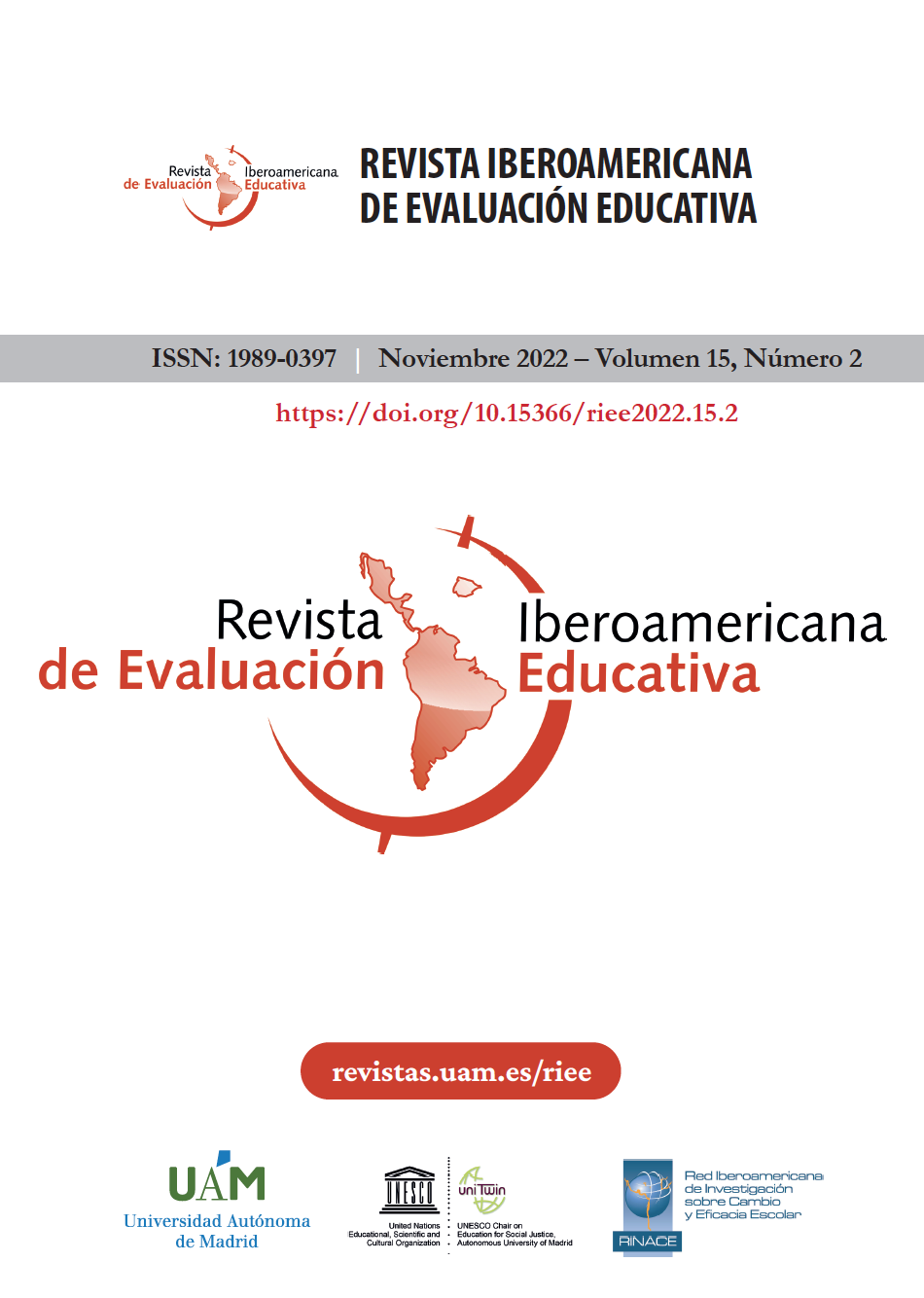Palabras clave:
Motivación, Inglés, L2, Bachillerato, EFL
Esta obra está bajo una licencia internacional Creative Commons Reconocimiento-NoComercial-SinObraDerivada 3.0.
Resumen
Este trabajo describe la construcción de un instrumento de investigación para determinar la motivación bajo el Sistema Motivacional del Yo para L2 propuesto por Dörnyei (2009) al utilizar la escala de Likert de 6 puntos y adaptado al español a partir del cuestionario propuesto por Taguchi y otro (2009). El cuestionario contó con 51 ítems y pasó por diferentes criterios de validez (claridad de las preguntas, ítems pertinentes e inteligibles), además consiguió la confiabilidad de las dimensiones con el apoyo del coeficiente Alfa de Cronbach. La versión final del instrumento fue aplicada a una muestra de 690 estudiantes de bachillerato de la Universidad Nacional Autónoma de México (UNAM), con la cual se obtuvo la confiabilidad del cuestionario (alcanzando un coeficiente Alfa de Cronbach superior a 0,7 en la mayoría de las dimensiones analizadas). Los resultados muestran que se generó un cuestionario confiable para determinar los aspectos que conforman la motivación bajo el Sistema Motivacional del Yo para L2.
Descargas
Citas
Amengual-Pizarro, M. (2018). The L2 motivational self-system and its influence on Spanish pre-service teachers’ motivated behaviour. Journal for Educators, Teachers and Trainers, 9(2), 138-148.
Celina, H. y Campo, A. (2005). Aproximación al uso del coeficiente alfa de Cronbach. Revista Colombiana de Psiquiatría, 34(4), 572-580.
Dörnyei, Z. (2001). Motivational strategies in the language classroom. Cambridge University Press. https://doi.org/10.1017/CBO9780511667343
Dörnyei, Z. (2003). Questionnaires in second language research. Construction, administration, and processing. Lawrence Erlbaun.
Dörnyei, Z. (2009). The L2 motivational selfsystem. En Z. Dörnyei y E. Ushioda (Eds.), Motivation, language identity and the L2 self (pp. 9-42). Multilingual Matters. https://doi.org/10.21832/9781847691293-003
Dörnyei, Z. y Ushioda, E. (2011). Teaching and researching motivation. Pearson Education.
Ellis, R. (2015). Understanding second language acquisition. Oxford University Press.
Gardner, R. C. (1985). Social psychology and second language learning: The role of attitudes and motivation. Edward Arnold.
Gardner, R. C. (2005, 30 de mayo). Integrative motivation and second language acquisition [Conferencia]. Canadian Association of Applied Linguistics/Canadian Linguistics Association, Canadá.
Gardner, R. C. y Lambert, W. E. (1972). Attitudes and motivation in second language learning. Newbury House.
Gómez, J. F., Restrepo, J. E. y Díaz Larenas, C. (2022). Variables que afectan el aprendizaje del inglés: modelo con ecuaciones estructurales. REICE. Revista Iberoamericana sobre Calidad, Eficacia y Cambio en Educación, 20(3), 45-62. https://doi.org/10.15366/reice2022.20.3.003
Lamb, M. (2012). A self-system perspective on young adolescents’ motivation to learn English in urban and rural settings. Language Learning, 62(4), 997-1023. https://doi.org/10.1111/j.1467-9922.2012.00719.x
Mihaljevic Djigunovic, J. (2012). Attitudes and motivation in early foreign language learning. CEPS Journal, 2(3), 55-74. https://doi.org/10.26529/cepsj.347
Šafranj, J. y Zivlak, J. (2019). Effects of big five personality traits and fear of negative evaluation on foreign language anxiety. Croatian Journal of Education, 21(1), 275-306. https://doi.org/10.15516/cje.v21i1.2942
Taguchi, T., Magid, M. y Papi, M. (2009). The L2 motivational self-system among Japanese, Chinese, and Iranian learners of English: A comparative study. En Z. Dörnyei y E. Ushioda (Eds.), Motivation, language identity and the L2 self (pp. 66-97). Multilingual Matters. https://doi.org/10.21832/9781847691293-005
Ushioda, E. (2011). Language learning motivation, self and identity: Current theoretical perspectives. Computer Assisted Language Learning, 24(3), 113-132. https://doi.org/10.1080/09588221.2010.538701
Ushioda, E. (2017). The impact of global English on motivation to learn other languages: Toward an ideal multilingual self. The Modern Language Journal, 101(3), art. 6. https://doi.org/10.1111/modl.12413

